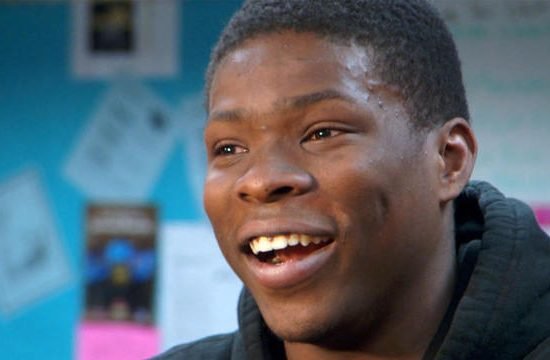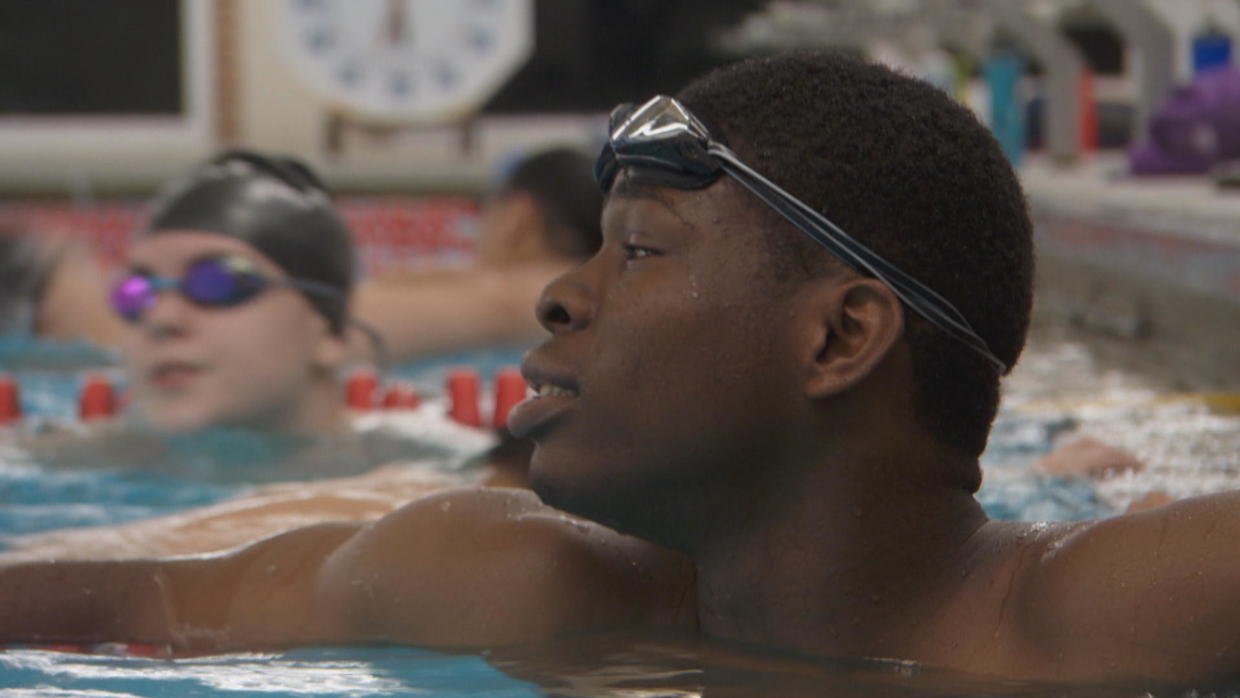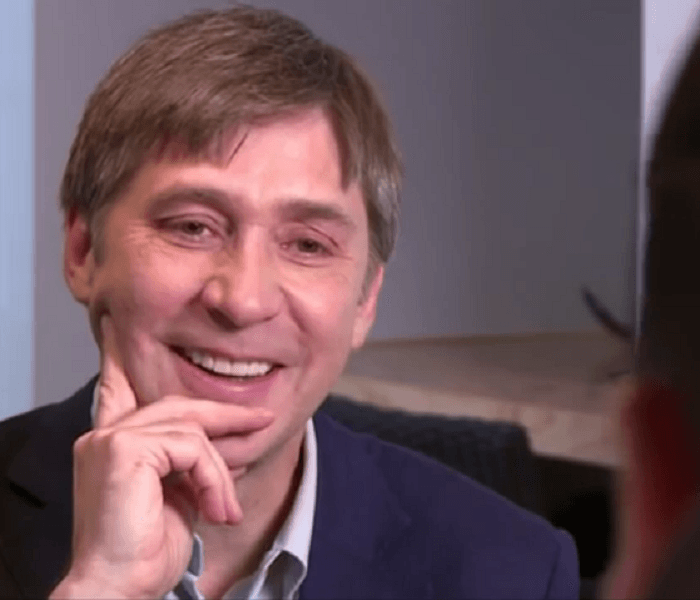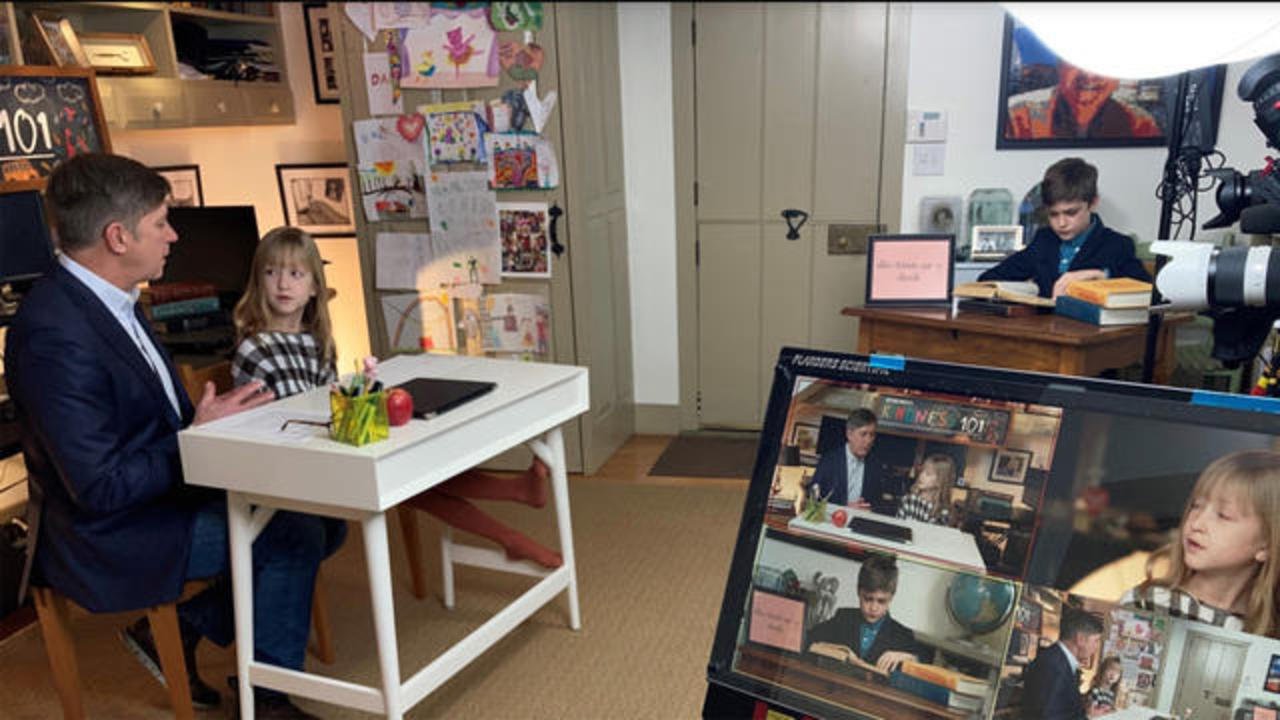Choosing the Hard Way: Displaying Vulnerability and Courage
When I write blog posts, I’m usually inspired by a phrase, an experience or story that illustrates the values and virtues of self-leadership. It’s gratifying to bring the words, visions, and imaginations of transformative leaders to the page.
This is probably why I enjoy the stories that CBS journalist Steve Hartman brings to light—they exemplify the best in us as human beings – just what I strive for in my blog posts. The story of Gerald Hodges is one of those.
A Texas high school student, Gerald Hodges, had the athletic ability to easily make both the basketball and soccer teams. Instead of going out for the sure thing, Hodges opted to dive into a sport he had never done and was not comfortable with—swimming. According to the coach, Hodges could barely swim more than five yards, yet he did what most would have considered contrary—he joined the swim team in his freshman year. Fast forward to his senior year: Hodges helped his 200-medley relay team secure a second-place finish and a spot in the state championships—a commendable accomplishment.
Hodges intentionally chose the unknown, the unfamiliar, the most difficult challenge, saying:
If I couldn’t handle being not good at something, how could I consider myself a success?
What I find inspiring about Hodges is his vulnerability—he actively seeks out situations where he doesn’t automatically shine, and therefore has to prove to himself that he can rise to the occasion. Stepping into the unknown can be unnerving, even scary. Hodges’ perspective, in its humility and courage is refreshing. Most of the time, we prefer to move through or around challenges so that they cause the least amount of discomfort or disruption. For Hodges the measure of his success is tied to his choice of challenge and how well he navigates through discomfort to achieve his goal.
Black Americans are no strangers to vulnerability. However, during slavery and the Jim Crow era, they had no choice but to be vulnerable. Vulnerability is etched in the rhythm of how we move through the world, bolstered by the courage and resilience to overcome. Hodges chooses to embrace vulnerability, with a sense of purpose, which shows a strength of character that can help steer us on our path.
Now a college student, Hodges doled out another pearl of wisdom when asked about his math studies, saying:
Easy is good for five minutes, but for the future, hard is always a better option. Being afraid means you have common sense, as long as you didn’t act on that fear.
Hodges epitomizes our jazz principle of antagonistic cooperation—an approach to challenge and conflict that recognizes them as opportunities for growth and advancement. Embracing the opportunities as they arise is one thing, energetically seeking them out is another. That’s why Gerald Hodge is a young man to emulate.
More Than Kindness
After years of bringing heart-inspiring stories to us through CBS programs, Hartman now has his own show, Kindness 101. The name doesn’t cover the full range of stories he shares—they’re so much more than just kindness. Hartman and his two kids, 8-year-old Meryl and 11-year-old Emmett, will share life stories focusing on compassion, empathy, fortitude and more. These are the stories that reveal depths of self-leadership that can shift who we are and how we impact others.
Hartman was so impressed with Hodges, he invited Hodges, his loving family notwithstanding, to come and live with him and his family. He felt that Hodges would be an exemplary role model for his children.
Hodges’ self-leadership qualities are quite admirable, and he displays a wisdom well beyond his years. He says that it’s not he who carries the wisdom, but those around him that he listens to. He doesn’t specify who, but I would guess it’s coming from those who have reached elderhood and have gems to share.




